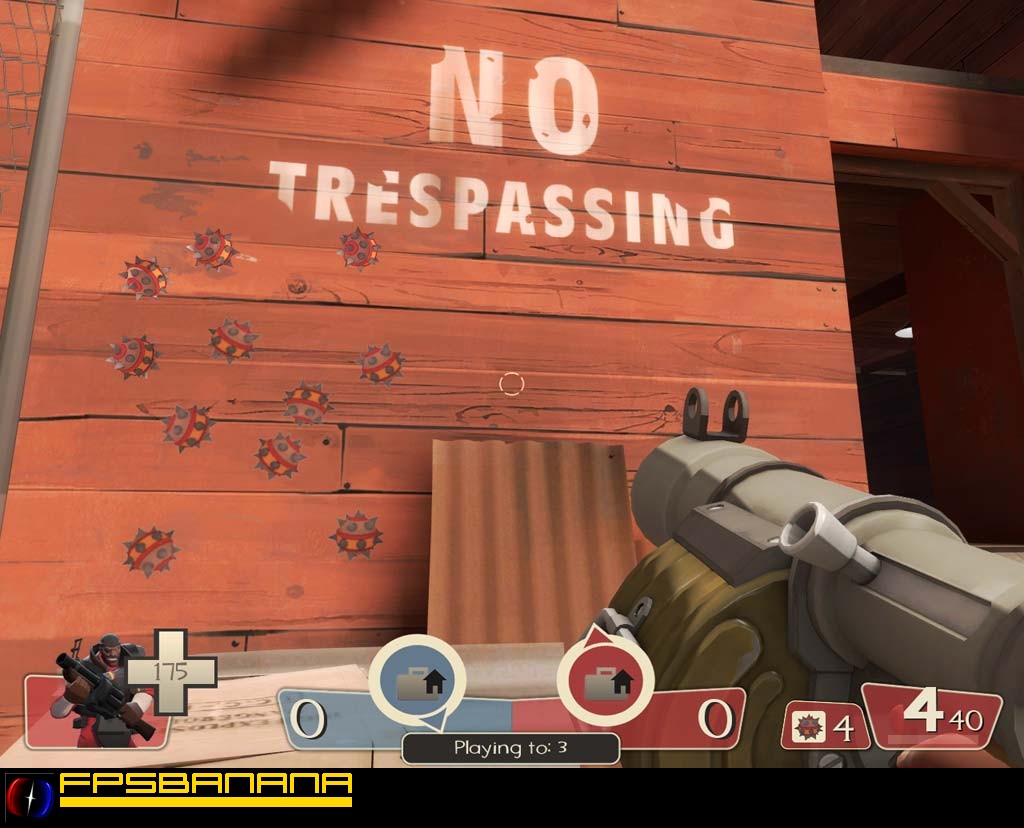

Students or accept the forfeit of some business growth opportunities in In the post-9/11 world, even if we could accept the costs associ-Īted with mistakenly turning away some of the brightest international Our export controls retard both the United StatesĪnd its allies from sharing access to military technology, and handicapĪmerican business from competing globally. More difficult or less attractive for talented foreign professionals to comeĪnd learn what is great about this country, or to stay and help grow theĪmerican economy. Instead of promoting engagement, the United States is required by ourĬurrent system of controls to turn inward. United States doing to reap benefits from its increased interÂdependence? WeĪre increasingly interdependent with the rest of the world. While the United States remains a world leader in advanced scienceĪnd technology, it no longer dominates it is now among the leaders. Ments in science and technology, and with the global economy.

Return to their home country after graduate school in the United States.Īll these changes mean that American security and prosperity nowĭepend on maintaining active engagement with worldwide develop. Science and technology now opt to stay home for their education or to People who would have come to the United States to study or work in

Tions have improved in China, India, and other countries, many young SeveralĬountries now rival the United States in creating a climate that encour-Īges and rewards business and scientific innovation. Its dominance in fields such as semi-conductor manufacturing. Today, for example, the United States has lost Scientific and engineering research taking place around the world, not Originate in the commercial sector rather than in the military sector.įurthermore, such technological capabilities increasingly arise from Of the most important technologies for continued military superiority There is no longer a consensus in the Western allianceĪbout who its adversaries are or how they should be contained. Â iffuse they range from sovereign states to small terrorist cells without Today, world conditions are very different. Whileįar from perfect, this system met the needs of the Cold War reality of aīipolar power struggle with a known and well-characterized enemy. National transfer of militarily sensitive goods and technologies. The United States and our allies forged multilateral controls on the inter. This system was codi-įied in export, visa, and classification laws and regulations. Technologies, including so-called dual-use goods and technologies thatĬould give military advantages to our adversaries. Security controls to prevent the leakage of military-related goods and To helpĮnsure its superiority, the United States established a system of national The quantitatively superior military forces of the Soviet bloc. On maintaining the technological superiority of our military forces against Visa controls on credentialed foreign scientists and engineers should beįurther streamlined to serve the nationâs current economic and securityĭuring the Cold War, the United States was the international center The entire system of export controls needs to be restructured and the Undermine our national security and our national economic well-being. The export controls and visa regulations that were crafted to meetĬonditions the United States faced over five decades ago now quietly

Because it is UNCORRECTED material, please consider the following text as a useful but insufficient proxy for the authoritative book pages. Below is the uncorrected machine-read text of this chapter, intended to provide our own search engines and external engines with highly rich, chapter-representative searchable text of each book.


 0 kommentar(er)
0 kommentar(er)
